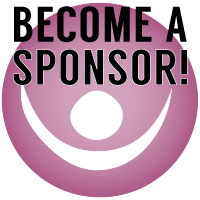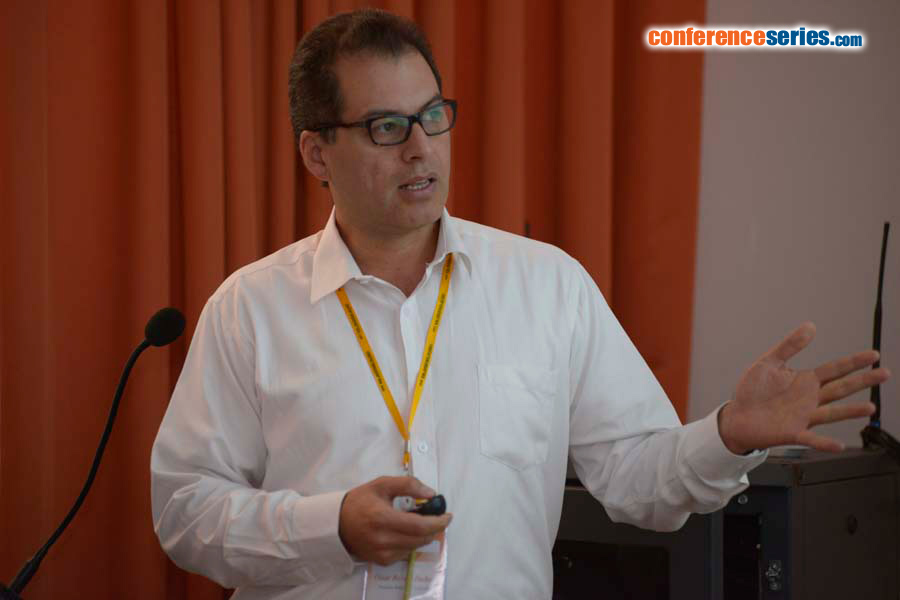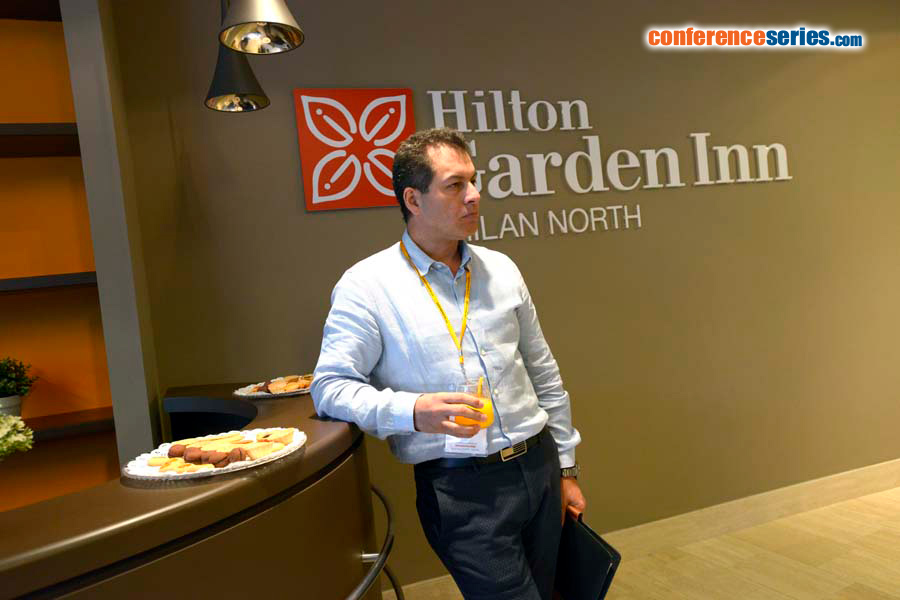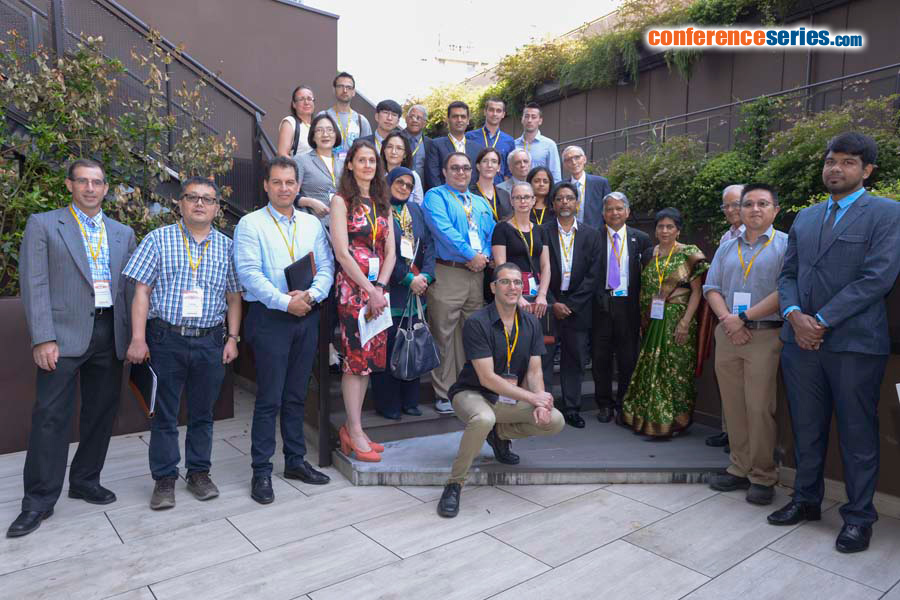
Oscar Bernal-Pacheco
Instituto Roosevelt, Colombia
Title: Deep brain stimulation for uncontrollable aggressive behavior, The benefit beyond our expectations
Biography
Biography: Oscar Bernal-Pacheco
Abstract
Deep brain stimulation is a procedure available for movement disorders, and for some psychiatric conditions non responding to pharmacological options such aggressive and uncontrollable behavior.
A woman with perinatal hypoxia, delay of milestones and severe mental retardation, developed hyperfagia, severe impulsivity with uncontrollable aggressive behavior, she was always under surveillance, required phisycal restriction and she was isolated in her house, being dependant in all activities of daily living. The second patient is a man, 24 years old, with severe mental retardation, impulsivity and uncontrollable aggressive behavior, hitting even his parents and anybody nearby. He also has epilepsy with frequent seizures. The last patient is an 18 year@old man, with normal development. At the age of 14, he presented generalized epilepsy. Since then, his behavior tends to be aggressive and impulsive, manifesting in worsening epilepsy and aggressive behavior. All three patients received multiple medications including antipsychotics and antiepileptics. Due to the persistence of symptoms, every case was discussed in a multidisciplinary team, supported by the criteria for DBS for agressive behavior, and the ethical committe agreed on a deep brain stimulation in the posterior medial hypothalamus.
Criteria for DBS for agressive and uncontrollable behavior includes: to be diagnosed by two psychiatrists, non@response to treatment despite the highest dosage of at least five antipsychotic medications in an enough period of time to evaluate the response and the severe functional interference with the activities of daily living and malanadaptative behavior. All patients showed improvement after the procedure. The woman was released of physical restriction and she can now go with her family out of her house without being a risk for herself or for others.
The benefits of the second case included control not only of the behavior but also of seizures, diminishing medications for aggresive behavior and also for epilepsy. In this case, voltage over 3,4 V showed hypoactivity, with hyporexia, becoming extremely undernourished and requiring the reduction of the voltage to 3,2 V.The third case showed benefit and he could go back to school again, being able to control his aggresive behavior as well as the epilepsy. The benefits amount to around 70% in all cases, with parameters of stimulation between 3 and 3,4, pulse width of 60 and frequency of 130.
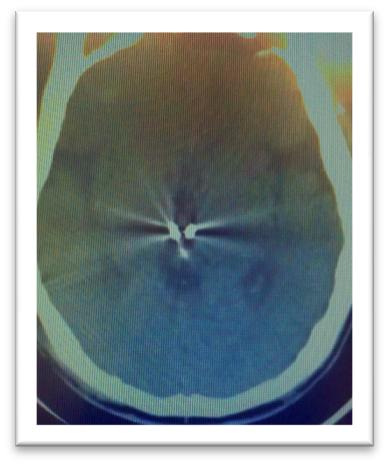
Conclusion: DBS in the posterior medial hipothalamus can be an usseful option in the control of uncontrollable aggressive behavior. We also found benefit with better control of seizures in two patients with epilepsy.
